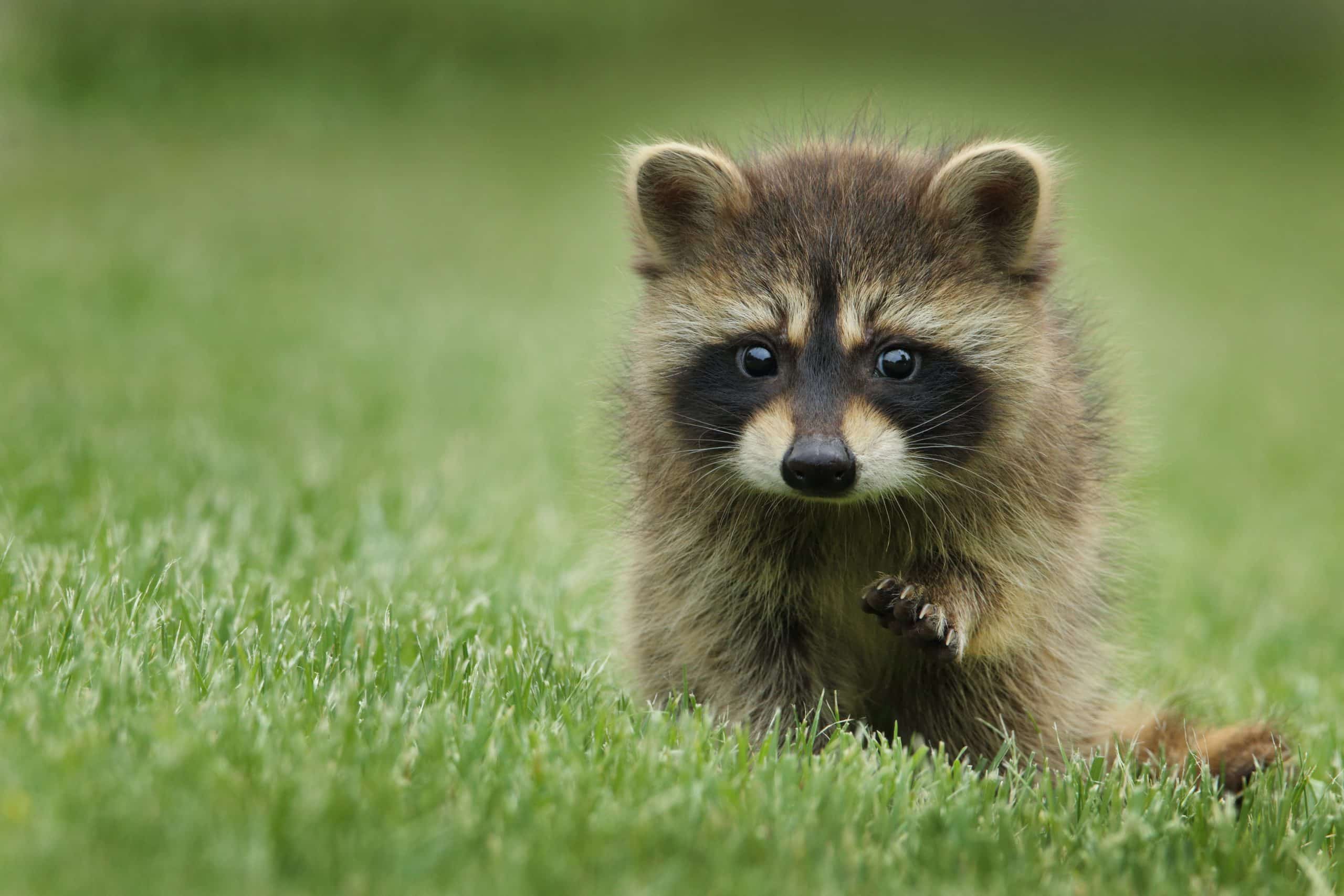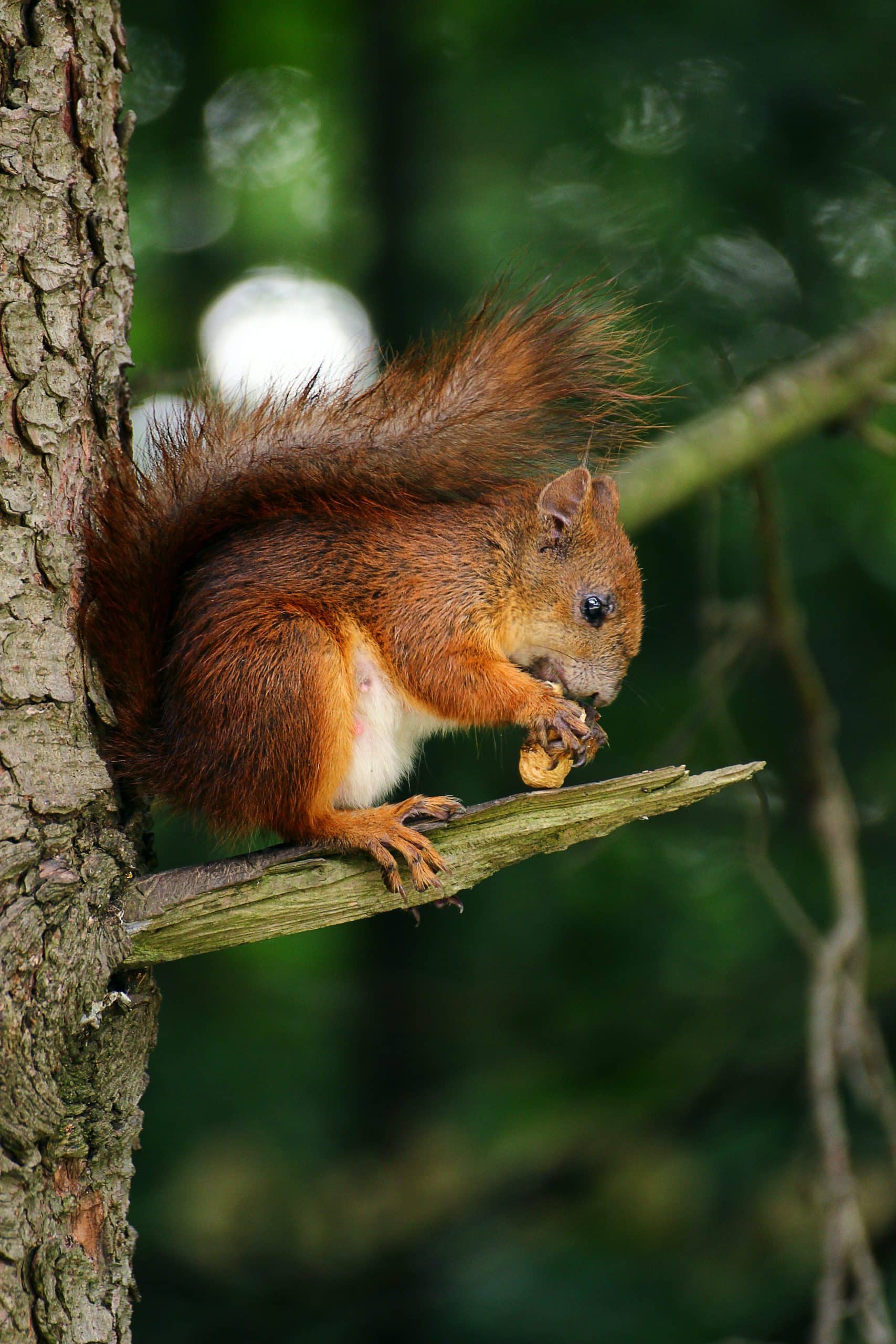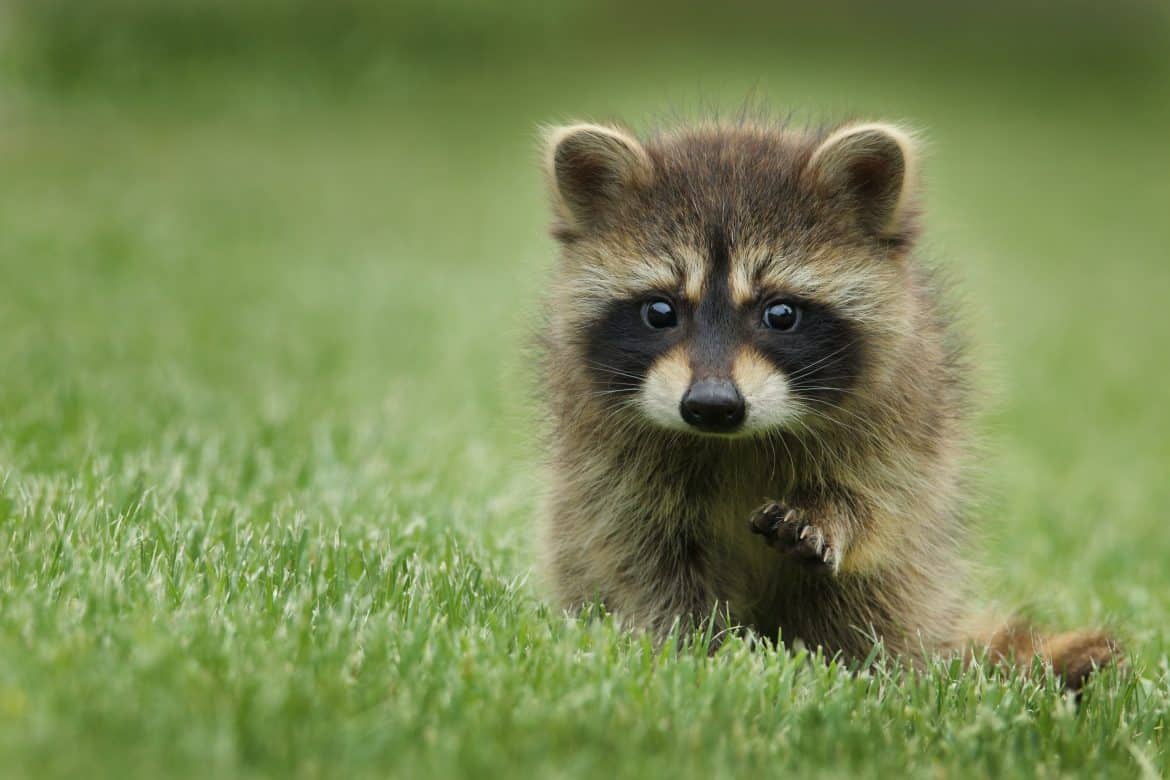Have you ever wondered why your furry friend nibbles on you? From affectionate displays to trying to get your attention, there are numerous reasons why dogs resort to nibbling. In this article, we will explore 15 possible explanations for this behavior, helping you gain a better understanding of what your dog might be trying to communicate. So, next time your pup starts nibbling on you, you'll have a range of possibilities to consider!
Why Does My Dog Nibble on Me?
If you've ever wondered why your furry friend has a tendency to nibble on you, don't worry - you're not alone! Dogs nibble on their owners for a variety of reasons, which can range from psychological and behavioral factors to health and sensitivity issues. Understanding the underlying causes can help you address this behavior and strengthen your bond with your canine companion. In this article, we will explore 15 reasons why your dog may be nibbling on you, and provide insights on how to address this behavior.
Psychological and Behavioral Reasons
Playful Behavior
One of the most common reasons why dogs nibble on their owners is simply because they want to play. Nibbling can be a playful behavior that resembles a game of tag or mild wrestling. It's their way of engaging with you in a fun and interactive manner. This behavior is often seen in puppies, who are naturally curious and full of energy.
Exploration and Curiosity
Dogs are curious creatures by nature, and nibbling can be a way for them to explore their surroundings, including you. They use their mouths to investigate objects and people around them, similar to how humans use their hands. It's their way of exploring and gathering information about their environment.
Dominance and Assertiveness
In some cases, nibbling may stem from dominance or assertiveness. This behavior can be seen as a way for your dog to display their position in the household hierarchy. They may nibble on you to assert dominance or to show that they are in control. If you notice this behavior accompanied by other signs of dominance, it's important to address it and establish yourself as the pack leader in a gentle and consistent manner.
Attention-Seeking Behavior
Just like humans, dogs crave attention and interaction. Nibbling on you can be a way for your dog to seek your attention and to initiate playtime or bonding moments. They may nibble gently as a way of saying, "Hey, pay attention to me!" It's their way of expressing their desire for social interaction and engagement.
Taste and Texture Sensations
Some dogs may simply enjoy the taste and texture sensations of nibbling on human skin or clothing. The sensation of skin or fabric against their teeth and gums can be pleasurable for them. If your dog is nibbling on you with a relaxed and content expression, it's possible that they are indulging in the sensory experience.

This image is property of images.unsplash.com.
Communication and Affection
Bonding and Affection
Dogs are social animals that thrive on companionship and affection. Nibbling can be a way for them to express their love and bond with you. It's their way of showing that you are a part of their pack and that they feel comfortable and secure in your presence. Nibbling can be seen as an affectionate gesture, similar to how dogs lick and groom each other as a sign of social bonding.
Puppy Behavior
Puppies often engage in nibbling behavior as a natural part of their development. During their early months, puppies use their mouths to explore the world around them, including their littermates and their mother. Nibbling on their littermates helps them learn bite inhibition, which is the ability to control the force of their bites. When puppies transition to their new homes, they may transfer this behavior to their human family members.
Communicating Needs or Desires
Dogs are known for their ability to communicate with humans in various ways. Nibbling can be their way of communicating their needs or desires to you. For example, if they nibble on you during mealtime, it could be a sign that they are hungry and want some food. If they nibble on you near the door, it could be their way of telling you that they need to go outside. Paying attention to the context and accompanying behaviors can help you understand what your dog is trying to communicate.
Social Interaction and Grooming
Nibbling can also be a form of social interaction and grooming. Just like how dogs groom each other by licking, nibbling can serve a similar purpose. Your dog may nibble on you to simulate the grooming behavior they would engage in with their littermates or other dogs. It can be a way for them to show that they care for you and want to take care of you.
Health and Sensitivity Issues
Dental Problems
Sometimes, dogs may nibble on their owners due to underlying dental problems. Toothaches or gum issues can cause discomfort and pain, leading them to nibble in an attempt to alleviate the discomfort. If you notice that your dog is nibbling more than usual, it's essential to have their teeth and oral health checked by a veterinarian.
Skin Irritation or Allergies
Skin irritation or allergies can also cause your dog to nibble on you. If they have dry or itchy skin, they may resort to nibbling as a way to relieve the discomfort. Fleas, ticks, or other parasites can also cause skin irritation, prompting them to nibble on certain areas of their body or even on you. Regular grooming and proper flea prevention can help alleviate this issue.
Pain or Discomfort
In some cases, dogs may nibble on their owners as a response to pain or discomfort in their own bodies. For example, if they have arthritis or joint issues, they may transfer their discomfort onto you through nibbling. It's important to pay attention to other signs of pain or discomfort, such as limping or reluctance to engage in certain activities. If you suspect that your dog is in pain, consult with your veterinarian for proper diagnosis and treatment.
Sensitivity to Touch or Stimulation
Some dogs may have a heightened sensitivity to touch or certain types of stimulation. Nibbling can be their way of expressing discomfort or unease in response to certain touches or sensations. It's important to be mindful of your dog's individual preferences and boundaries when it comes to physical contact. Understanding their sensitivities and respecting their personal space can help foster a healthy and trusting relationship.

This image is property of images.unsplash.com.
Training and Obedience
Mouthing Behavior in Puppies
It's important to differentiate between normal puppy mouthing behavior and aggressive biting. Puppies explore their environment through their mouths, including nibbling on their littermates and humans around them. This behavior is a natural part of their development, but it should be gently discouraged as they learn to control their bites. Provide appropriate chew toys and redirect their attention when they start to nibble on you.
Teething and Chewing
Teething is a challenging phase for puppies, and nibbling can help alleviate the discomfort caused by their growing teeth. Just like human babies, puppies experience aching gums during teething, and they may nibble on you to seek relief. Providing them with appropriate chew toys and frozen treats can redirect their attention and provide them with relief during this stage.
Lack of Bite Inhibition
Bite inhibition is an important skill that puppies learn during their early months. It refers to their ability to control the force of their bites to avoid causing harm. If a puppy doesn't learn proper bite inhibition, they may continue to nibble with excessive force even as they grow older. This can be challenging to address, but with consistent training and positive reinforcement techniques, you can teach your dog to control their bites and engage in gentle play.
Unwanted Behavior Reinforcement
Sometimes, unintentional reinforcement of nibbling behavior can occur. For example, if your dog nibbles on you, and you respond by giving them attention or playing with them, they may interpret this as a positive reinforcement for their behavior. This can inadvertently encourage and reinforce the nibbling behavior. It's important to be mindful of the consequences of your reactions and ensure that you are not inadvertently reinforcing unwanted behaviors.
Gender and Sexual Behavior
Courtship and Mating Behavior
In some cases, nibbling may be related to courtship and mating behavior. Female dogs in heat or males with heightened sexual behavior may nibble on their owners as a form of flirtation or as an attempt to initiate mating. This behavior is more common in intact dogs and can be addressed through spaying or neutering, which can help reduce sexual behaviors.
Hormonal Influence on Nibbling
Hormonal changes can also influence a dog's nibbling behavior. For example, female dogs may experience hormonal fluctuations during their heat cycle, which can impact their behavior. Similarly, male dogs may have increased testosterone levels, which can lead to more assertive or dominant behaviors, including nibbling. Understanding the role of hormones in your dog's behavior can help you address and manage their interactions.

This image is property of images.unsplash.com.
Environment and Stimulation
Boredom or Lack of Mental Stimulation
Dogs that do not receive enough mental stimulation or are bored may engage in nibbling behavior as a way to alleviate boredom. In such cases, nibbling can become a self-reinforcing behavior, as it provides a temporary source of mental stimulation. Ensuring that your dog has plenty of interactive toys, puzzle games, and regular mental exercise can help satisfy their need for mental stimulation and reduce nibbling behavior.
Excitement or Overstimulation
Sometimes, dogs may nibble on their owners when they become overly excited or stimulated. This can happen during playtime or high-energy moments, and the nibbling may be accompanied by jumping or hyperactive behavior. It's important to redirect their excitement into appropriate channels, such as playing with toys or engaging in interactive games. Calm and consistent training can help them learn to channel their excitement in a more controlled manner.
Anxiety or Stress
Anxiety or stress can manifest in different ways in dogs, and nibbling can be one of the behaviors associated with these emotions. Nibbling can provide comfort and a sense of security for dogs that are feeling anxious or stressed. Identifying and addressing the underlying causes of anxiety or stress, such as loud noises, separation anxiety, or changes in the environment, can help alleviate the nibbling behavior.
Lack of Exercise or Playtime
Dogs require regular physical exercise and playtime to release their energy and maintain their overall well-being. Lack of exercise can lead to pent-up energy, which may be manifested through nibbling or other unwanted behaviors. Ensuring that your dog receives daily exercise and playtime can help reduce their need to nibble on you and redirect their energy in a positive way.
Specific Human Reactions
Positive Reinforcement
Positive reinforcement is a powerful tool in dog training, but it's important to be mindful of how you use it. If your dog nibbles on you, and you respond with laughter, attention, or treats, they may interpret this as positive reinforcement for their behavior. It's important to only provide positive reinforcement when your dog exhibits desired behaviors, such as sitting calmly or playing with their toys. Consistency in rewarding desired behaviors and redirecting unwanted behaviors can help shape your dog's behavior effectively.
Confusing Signals or Misinterpretation
Sometimes, dogs may nibble on their owners in response to confusing signals or misinterpretation of human behavior. For example, if you play rough with your dog using your hands or encourage them to nibble during playtime, they may continue the behavior outside of play sessions. Clear communication and consistency are key in ensuring that your dog understands your expectations and knows the boundaries of acceptable behavior.
Boundary Issues and Lack of Training
Nibbling can also occur when dogs have not been properly trained to understand boundaries and limits. Without clear boundaries, they may not recognize that nibbling on you is not a desirable behavior. Consistent training and establishing clear rules can help address this issue. Enrolling in obedience classes or working with a professional dog trainer can provide guidance and support in teaching your dog appropriate behaviors.
Other Animals and Objects
Playing with Other Animals
Nibbling behavior is not exclusive to humans; dogs may also nibble on other animals as a form of play or social interaction. If your dog nibbles on other animals, such as other dogs or cats, it's important to monitor their interactions to ensure that it remains playful and appropriate. Some dogs have a strong herding instinct and may nibble on other animals as a way to gather and direct them.
Exploration of Objects and Surfaces
Dogs use their mouths to explore objects and surfaces around them, similar to how humans use their hands. They may nibble on furniture, shoes, or other objects as a way to gather information about their environment. Providing appropriate chew toys and regularly rotating their toys can help redirect their nibbling behavior onto acceptable items.
Addressing Nibbling Behavior
Understanding the Underlying Cause
Addressing your dog's nibbling behavior starts with understanding the underlying cause. Observing their behavior and paying attention to the context can help you identify potential triggers or motivations. Whether it's playfulness, boredom, or a health issue, identifying the cause will guide you in addressing the behavior effectively.
Positive Reinforcement and Redirected Behavior
Utilizing positive reinforcement techniques can be a powerful tool in addressing nibbling behavior. Rewarding your dog for desired behaviors, such as playing with toys instead of nibbling on you, can help redirect their attention and reinforce appropriate behavior. In addition, providing them with interactive toys, puzzle games, and regular mental stimulation can help satisfy their need for mental and physical engagement.
Correction and Training Techniques
In some cases, gentle correction and training techniques may be necessary to address the nibbling behavior. Redirecting their attention to appropriate toys and discouraging nibbling on you through verbal cues or timeouts can be effective strategies. It's important to be consistent in your training approach and to provide alternative outlets for their energy and behavior.
In conclusion, there are many reasons why your dog may nibble on you, ranging from psychological and behavioral factors to health and sensitivity issues. Understanding the underlying causes and addressing them with patience, consistency, and positive reinforcement can help modify this behavior and strengthen your bond with your furry friend. Remember, every dog is unique, and it may take time and effort to find the best approach that works for you and your canine companion.


